
POSTACIE Popes and their associates
Popes and their associates
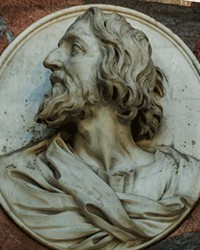
Agostino Chigi (1466–1520) – a financial genius, an enthusiast of lavish lifestyle and art
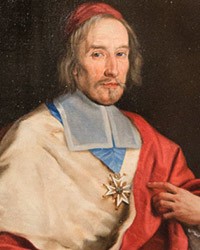
Antonio Barberini (1607–1671) – one of the three “musketeers” of Urban VIII
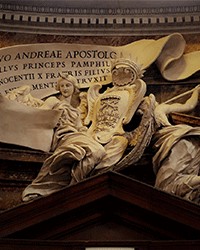
Camillo Francesco Maria Pamphilj (1622–1666) – an arthritis-filled expiation of the papal nephew
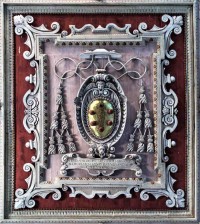
Ferdinando I de’ Medici (1549–1609) – a lover of antiquity, who avoided papal disfavor
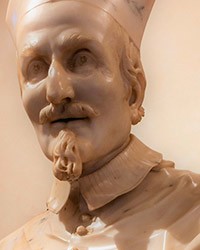
Francesco Barberini (1597–1679) – papal nepot, admirer of books and art, defender of Galileo
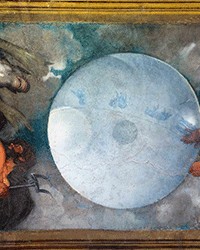
Francesco Maria del Monte (1549–1626) – a cardinal full of passion for alchemy, music and painting

Gwardia Szwajcarska – najstarsza i najmniejsza armia świata
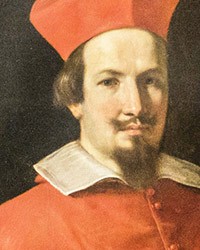
Cardinal Bernardino Spada (1594–1661) – a dream about the grandeur of his own family
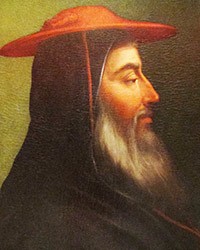
Cardinal Bessarion (1403?–1473) – the one who wanted to save Constantinople
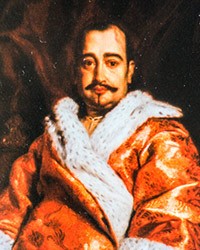
Cardinal Flavio Chigi (1631–1693) – a true dandy and a Roman trendsetter
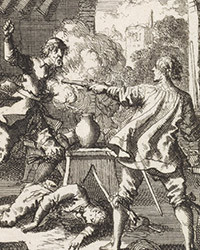
Cardinal Innocenzo Ciocchi del Monte (1532–1577) – the pope’s favorite with criminal inclinations
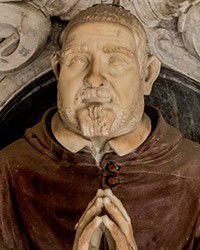
Cardinal Paolo Camillo Sfondrati (1560–1618) – chasing sainthood
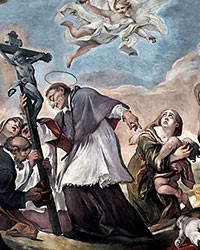
Charles Borromeo (1538–1584) – an extraordinary nepot, critic and saint of the Church
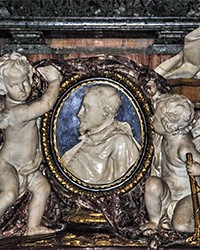
Ludovico Ludovisi (1595–1632) – lover of Antiquity and an extremely bright papal nepot
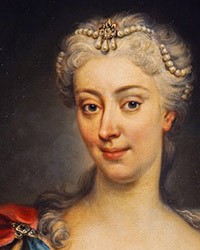
Maria Clementina Sobieska (1701–1735) between reality and a dream

Olimpia Maidalchini (1591–1657) – a very entrepreneurial papal sister-in-law
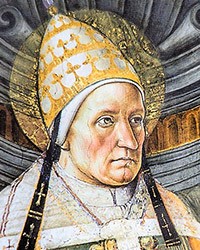
Pope Alexander I (? – 116?) – a holy shepherd of the holy water
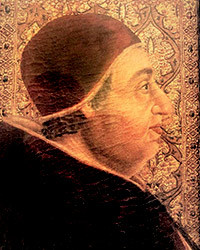
Pope Alexander VI (1431–1503) – an ambitious strategist with a great heart for women
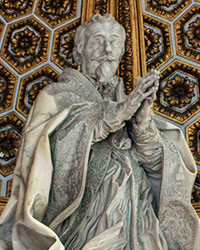
Pope Alexander VII (1599–1667) – a great constructor with a lead coffin in his bedroom
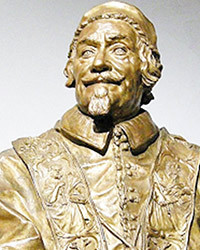
Pope Alexander VIII (1610–1691), Pietro Vito Ottoboni – a profligate enthusiast of old books
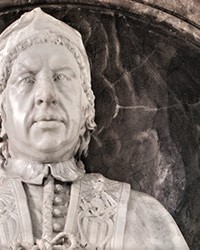
Pope Benedict XIV (1675–1758) – modernizer, reformer, a fierce enemy of Jews and Freemasons
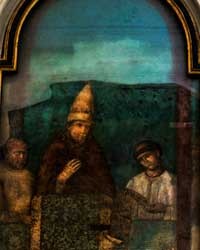
Pope Boniface VIII (1235?–1303), Benedetto Caetani – pope from the eighth circle of hell
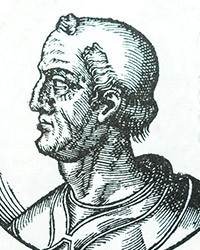
Pope Celestine I (?–432) – philosopher striving for the divinity of the mother of Jesus
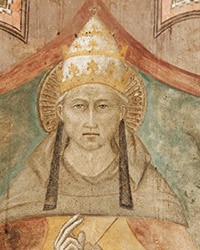
Papież Celestyn V (1210? – 1296) – pontyfikat w cieniu abdykacji
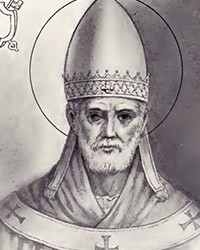
Pope Damasus I (approx. 305–384) – the one who changed the face of the Roman Church forever
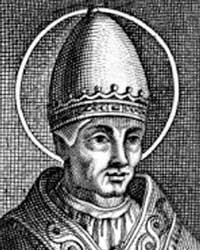
Pope Felix III (Felix II) (?–492) – a saintly, uncompromising and strict pope
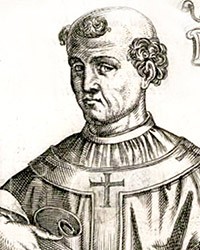
Pope Formosus (?816–896) – meaning, how to posthumously become a martyr
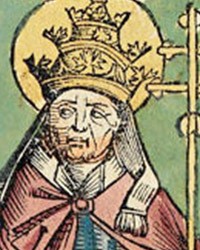
Pope Gelasius I (?–496) – meaning Christ’s first Vicar on Earth
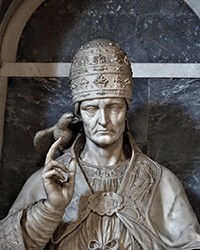
Pope Gregory I the Great (approx. 540–604) – a monk by conviction, who changed the face of the Church for centuries
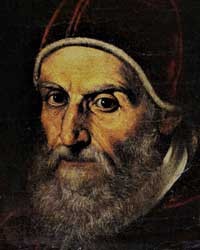
Pope Gregory XIII (1502–1585) – a tireless counter-reformer and an efficient reformer of the calendar
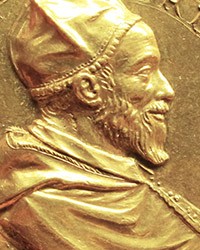
Pope Gregory XIV (1535–1591) – pious, modest, and lacking in will
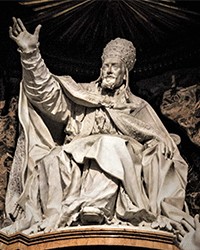
Pope Gregory XV (1554–1623) – a sickly and phlegmatic protector of the Jesuits
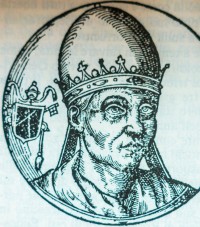
Pope Hilarius (?–468) – a generous donor and a defender of orthodoxy
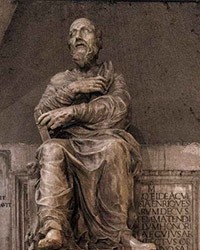
Pope Hippolytus (approx. 170–235) – an overzealous saintly rigorist
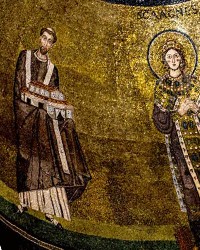
Pope Honorius I (?–638), a fallible pontifex maximus, in addition to being a heretic
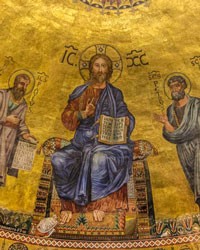
Pope Honorius III (1150–1227) – a significant Church strategist and an uncompromising ruler
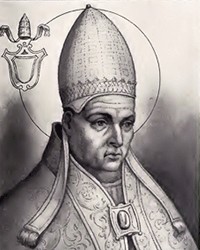
Pope Innocent I (? – 417) – a charismatic leader of the Church in times of chaos and uncertainty
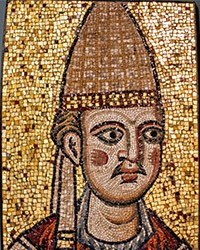
Pope Innocent III (1160–1216) – the first Vicar of Christ on Earth
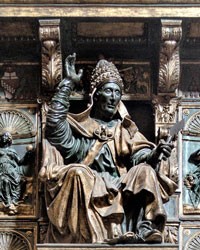
Pope Innocent VIII (1432–1492) – sickly, yet resourceful protector of his own children
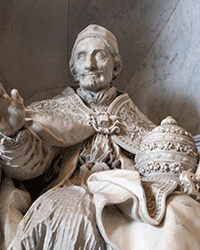
Pope Innocent XI (1611–1689) – a strict reformer, moralist and subduer of art

Pope Innocent XII (1615–1700) – an exemplary shepherd and a protector of castrates
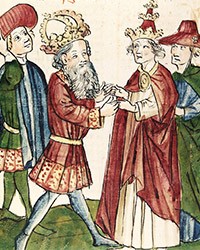
Pope John XII (?937–964) – meaning the one who was mortally wounded by the devil in the bed of a married woman
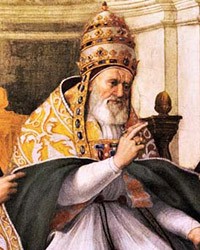
Pope Julius II (1443–1513) – a valiant ruler, courageous politician and a great protector of art
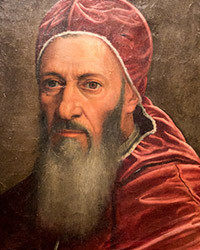
Pope Julius III (1487–1555) – a dream about the power of ...a family
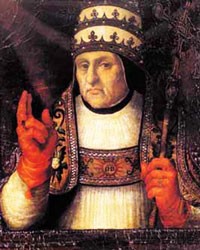
Pope Callixtus III (1378–1458) – a disliked aesthetic from the Pyrenean Peninsula
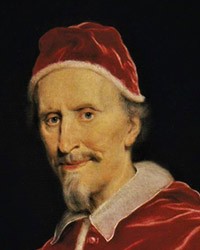
Pope Clement IX (1600–1669) – a librettist and humanist devoted to God
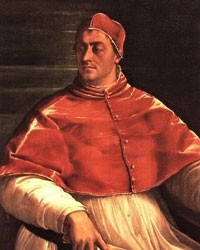
Pope Clement VII (1478–1534) – a powerless politician and a firm protector of artists
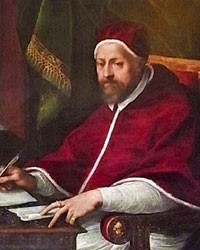
Pope Clement VIII (1536–1605) – an enemy of nudity, a pious and kind despot
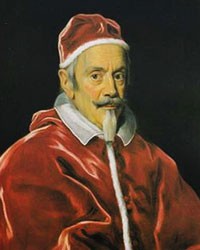
Pope Clement X (1590–1676) – a humble pope with an ambitious nepot
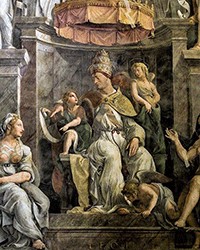
Pope Leo I the Great (400?–461) – defender of Rome and the man behind the power of the Church
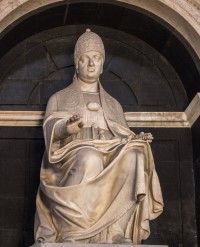
Pope Leo X (1475–1521) – a generous patron of art and an enthusiast of parties and feasts
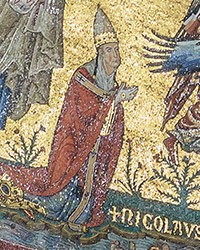
Papież Mikołaj IV (1227–1292) – papież średniowiecznych misji
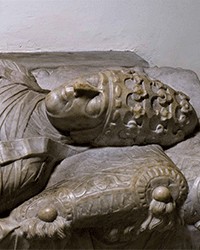
Pope Nicholas V (1397–1455) – the one, who made art into a foundation of faith
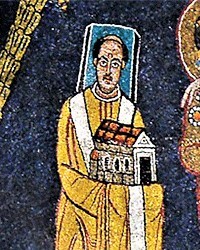
Pope Paschal I (?–824) – a collector of relics and a self-admirer
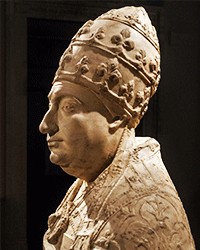
Pope Paul II (1417–1471) – an enthusiast of carnival parties
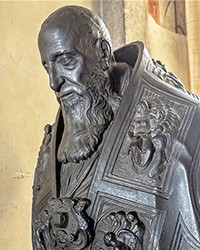
Pope Paul III (1468–1549) – an uncompromising patron of artists and his own family

Pope Paul V (1552–1621) – a generous funder and a foresighted city manager
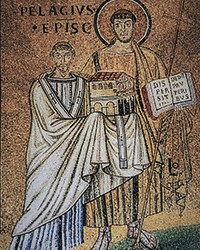
Pope Pelagius II (?–590) – a protector of the needy and of Gregory the Great
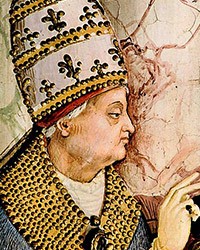
Pope Pius II (1405–1464) – a complete humanist on St. Peter’s throne
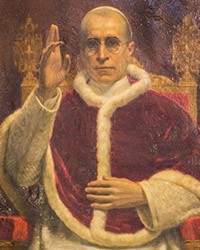
Pope Pius XII (1876–1958) – a silent pontifex maximus
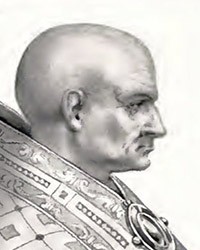
Pope Sergius III (approx. 870–911) – meaning „ the slave of every vice”
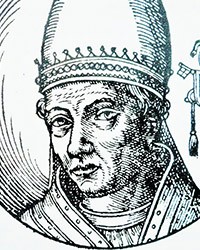
Pope Stephen VI (? – 897) – a story of the battle between the pope and a cadaver
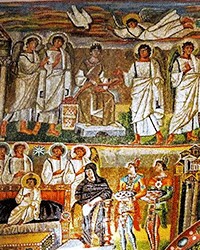
Pope Sixtus III (390–440) – a great constructor of Christian Rome
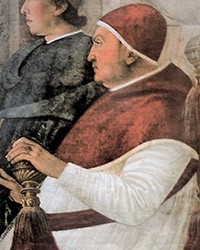
Pope Sixtus IV (1414–1484) – a man of Renaissance and the creator of a new Rome
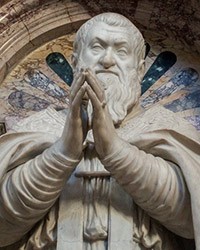
Pope Sixtus V (1521–1590) – the bane of bandits and womanizers
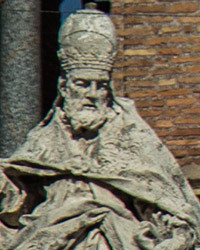
Pope Sylvester (? -335) – a marginal figure, yet a saint
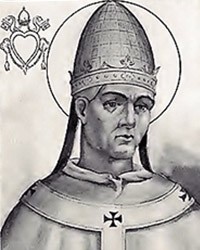
Pope Symmachus (? – 514) – a controversial but unrelenting shepherd
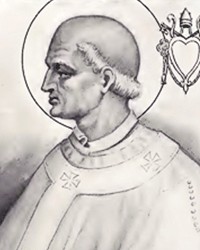
Pope Simplicius (? – 483) – a bishop of Rome on the border of two eras
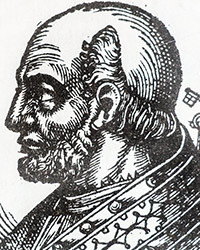
Pope Theodore I (?–649) – a pope who brought the dead to Rome
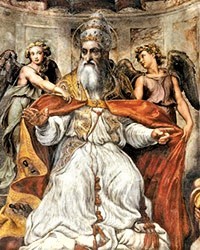
Pope Urban I (? – 230) – the beginning of the historical policy of the Church
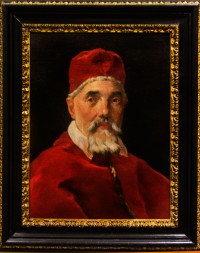
Pope Urban VIII (1568–1644) – pontifex maximus of the Baroque art
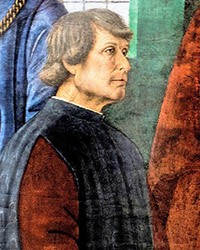
Platina (Bartolomeo Sacchi) (1421–1481) – humanist, rebel, courtier
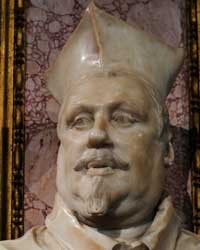
Scipione Caffarelli Borghese (1577–1633) – cardinal and papal nepot with truly earthly passions
Zgodnie z art. 13 ust. 1 i ust. 2 rozporządzenia Parlamentu Europejskiego i Rady (UE) 2016/679 z 27 kwietnia 2016 r. w sprawie ochrony osób fizycznych w związku z przetwarzaniem danych osobowych i w sprawie swobodnego przepływu takich danych oraz uchylenia dyrektywy 95/46/WE (RODO), informujemy, że Administratorem Pani/Pana danych osobowych jest firma: Econ-sk GmbH, Billbrookdeich 103, 22113 Hamburg, Niemcy
Przetwarzanie Pani/Pana danych osobowych będzie się odbywać na podstawie art. 6 RODO i w celu marketingowym Administrator powołuje się na prawnie uzasadniony interes, którym jest zbieranie danych statystycznych i analizowanie ruchu na stronie internetowej. Podanie danych osobowych na stronie internetowej http://roma-nonpertutti.com/ jest dobrowolne.